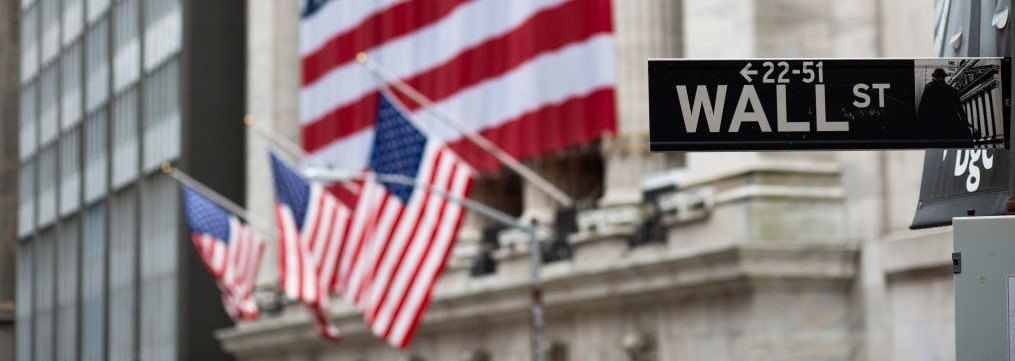
No, most Americans don’t think the stock market is the best economic indicator
If Americans want to know how the national economy is doing, many turn to the unemployment rate – not the stock market index.
According to ongoing data compiled in a recent Economist / YouGov survey, nearly two in five (37%) Americans say jobs reports — which have been steadily delivering grim news each week — are the best indicator of the nation’s economic health.
The percentage of those who believe such a metric is the best economic barometer has increased by 10 percentage points since February.
The Economist / YouGov survey also asked how good the jobless numbers are at telling the story of America’s economic situation. Of those who said it was the best tool, 38 percent said it’s good or very good, 35 percent said it’s fair, and 30% said it’s poor or very poor.
In contrast, only one in ten (10%) of Americans believe turning to the stock market index is the best way to gauge how well the national economy is doing. Since the initial crash in mid-February, US markets have erased much of the initial loss but have remained twitchy and volatile in response to daily developments in the COVID-19 pandemic.
As of June 6, a quarter (25%) of Americans say the price of goods and services is the best indicator. That number is trending upward after fewer people believed it to be a good indicator in March, when the jobless rate soared.
Roughly one in eight (13%) say looking at their personal finances is the best indicator.
Meanwhile, Economist / YouGov data also shows the number of Americans who believed the president was able to do a lot about the economy dropped following the initial stock-market turbulence.
In February, when the American economy was doing well, data shows 64 percent of those who identify as Republicans said they believed the economy is something the president can do a lot about, compared to 44 percent of Democrats and 47 percent of Independents.
Fast forward to June as the economy struggles under pandemic restrictions, and data shows Democrats (54%) and Republicans (52%) are more in line with one another.
See the toplines and crosstabs from this week’s Economist/YouGov Poll
Methodology: The Economist survey was conducted by YouGov using a nationally representative sample of 1,500 U.S. adult citizens interviewed online on the following dates in 2020: February 9 – 11, March 8 – 10, April 5 – 7, May 10 – 12, and June 7 – 9. Samples are weighted according to gender, age, race, and education based on the American Community Survey, conducted by the US Bureau of the Census, as well as 2016 Presidential vote, registration status, geographic region, and news interest. Respondents were selected from YouGov’s opt-in panel to be representative of all US citizens. The approximate margin of error ranges between 2.8 and 3.5 percentage points for the overall sample.
Image: Getty